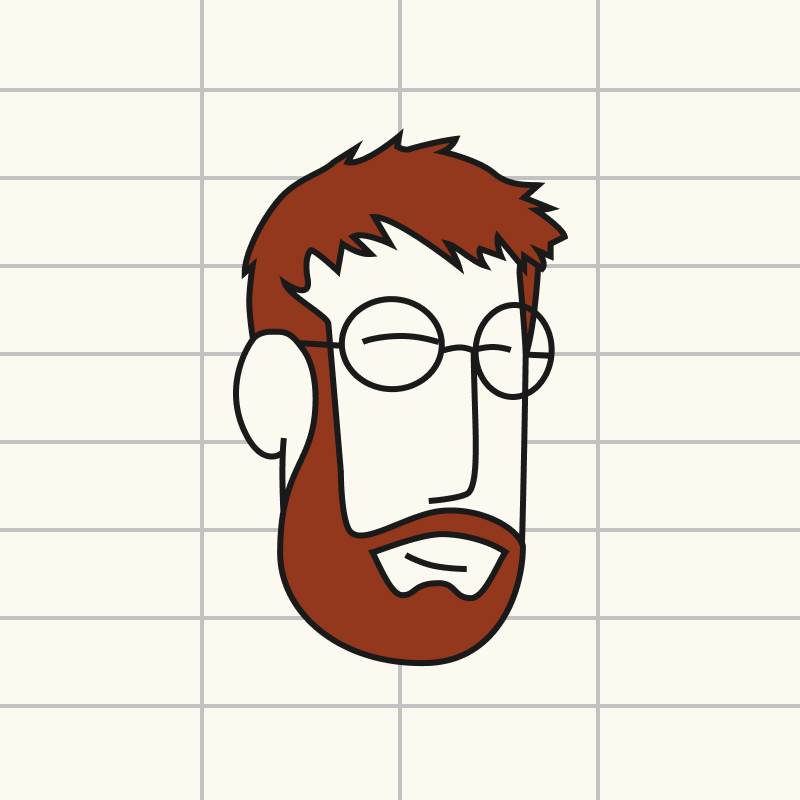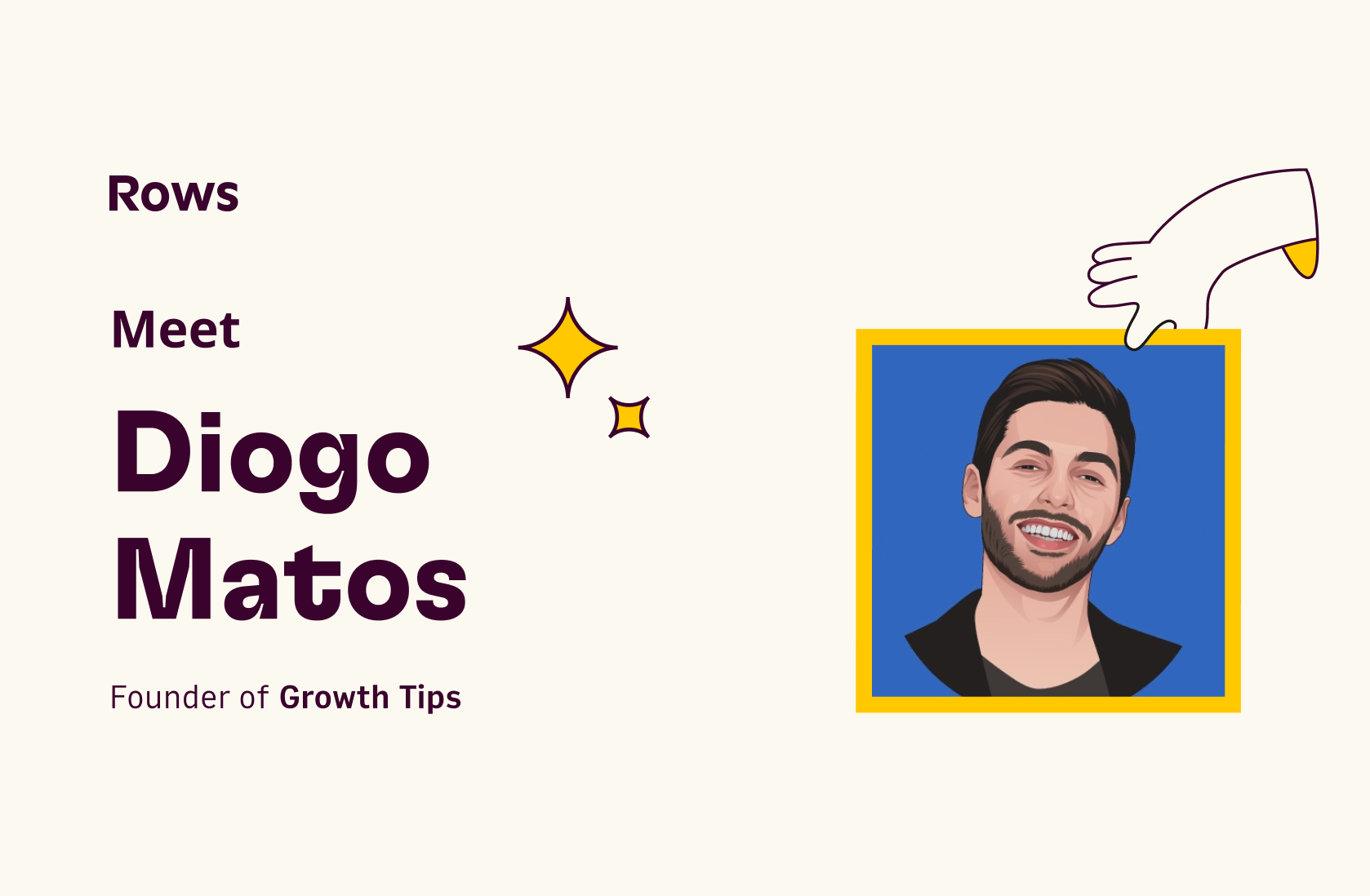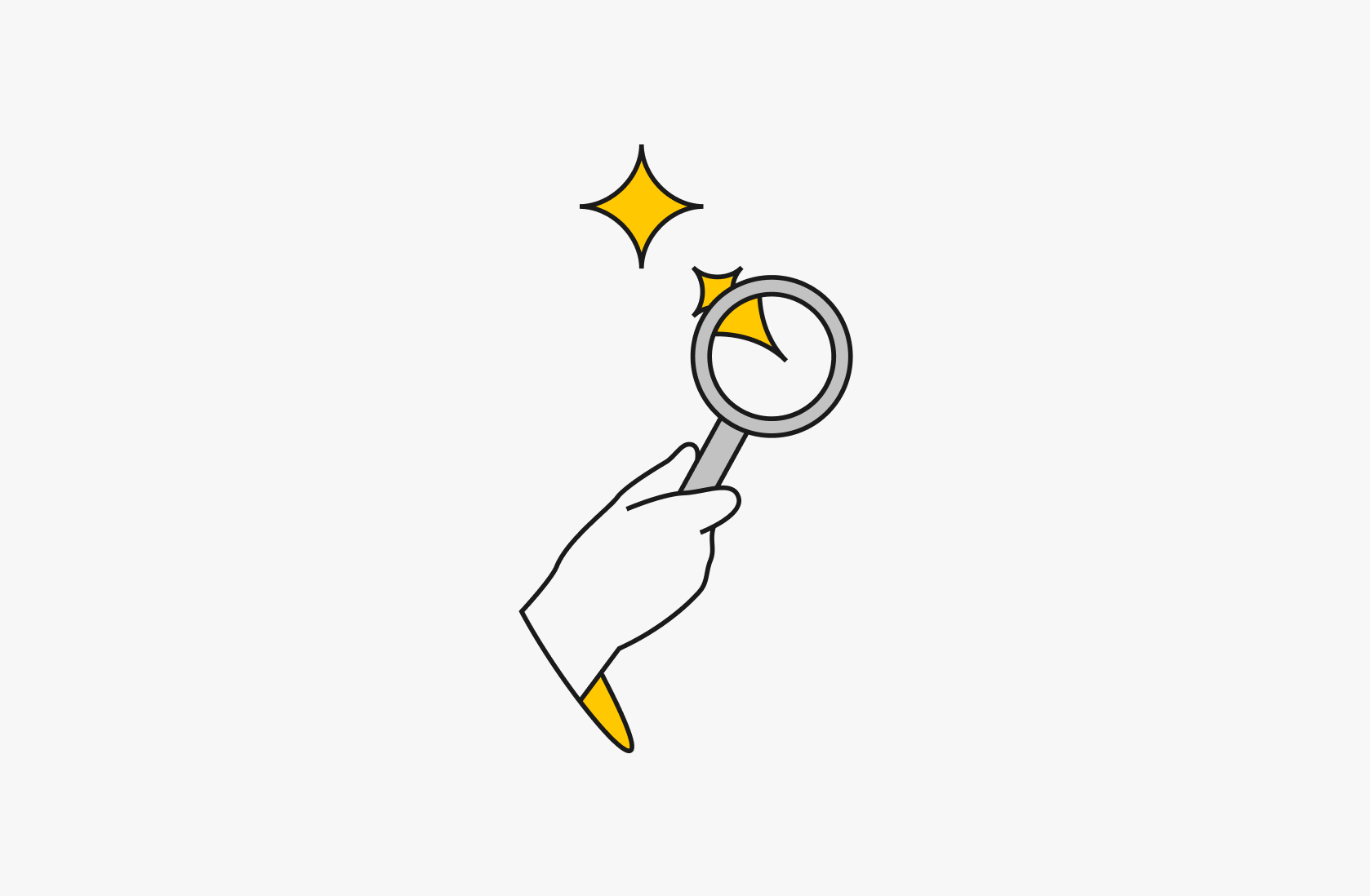2022 W43 - Interviews


Rows is now "Building in Public": every week I'll post about one thing that happened!
---
This week I had a bunch of interviews. I have interviewed more than 300 people for Rows, and I iterated multiple times on my interview questions. Currently, I start with the same questions for every candidate to evaluate fit with our company.
Keeping the same questions makes it easier to compare different candidates. Here's what my typical interview questions look like:
What do you know about the Rows product? How would you sell it to a user?
As the candidate answers, I jot down the answers. In this question I'm looking to assess how much interviewees studied Rows. By proxy, this will tell me how motivated they are to be a part of this challenge, which will be noticeable in the way they speak about us.
After the response, I will tell the candidate if anything is missing, correct any wrongs, and paint a crisp image of what it is we are doing.
Example of my full image: "Rows.com is a new spreadsheet. We have 2 unique features: Integrations and Sharing." And then "One: Our Integrations let you pull Data from your SaaS tools and even your own API." and "Two: Our Sharing is a one-click solution that generates a live page that you can share and that makes your spreadsheets really stand out; You can compose a slick report with multiple Tables and Charts on the same page, there's no accidental cell deletes, and it works on smartphones too!".
I notice that historically, people focused on Integrations a lot. More and more interviewees know about our Sharing, which aligns with our results: Live Sharing is something both users and our team love, and that's because the whole of it: how easy it is to get a benefit, the layout composition, the absence of data entry errors.. not to mention no more of that infinite grid..
What are the responsibilities of the position you're interviewing for?
I ask this mostly to clarify any wrongs on the perception. Again, I will add any missing detail to the answers. Frequently, that means completing the image of important components of the Product or activities in Marketing.
Example: "Yes, we have the (spreadsheet) Grid, but the our helper, the Wizard, is also a super important part of our development for Functions and Data."
What would you say are the biggest Challenges of this position at Rows?
In my opinion this is one of the coolest parts of the interview, because there's a high variance in the answers.
Example of an answer: "I think that the Grid performance must be complex, you have to render all those cells and contexts." In fact, I tell them, many things are challenging. The Grid performance and the Grid scrolling are big, but building UI Wizards that interact with cells too. And let's not forget the whole optimization of BE-FE communication, Charts, and a lot other features.
What is your experience in solving those Challenges?
If the person mentioned many, I will choose just 1 or 2 of them.
When answering, if the candidate says they don't have a lot of direct experience, I will follow-up with "But surely there's something close, or similar in kind, to this problem?" and I will look for how topics are related.
In this question it matters that the interviewee is concrete about what they did, in which company, what their role was. The best answers include how many other people were part of the team, how long they worked for, and above it all what they learned from it and how this applies to Rows.
What's the thing you do that creates friction with people around you?
In here I'm looking for honesty and self-reflection.
What questions do you have for me?
Usually I'm the last interview, the end of the hiring process. But still, some candidates still have questions, and they influence my perception of seniority.
Example: "What are your key metrics?" or "What's your current best user and what do they use you for?" are questions that reveal that the person is oriented towards user impact, or business goals.
(Optional) Solve this Challenge.
In positions where I am more technically involved, I give the person a Challenge. Most times they can solve it at home.
Example (for PM): "Explain in detail how VLOOKUP works" or "Write a user story for a missing feature or feature X" or "Give me your in depth take of using Rows to solve something."
Example (for Designer): "What user flow is broken? How would you solve it?" or "for our product - a spreadsheet - what are on-brand considerations on UX and UI?"
Example (for User Success): "Write a spreadsheet that does X" or "take this template and improve it" or "Minify this bug."
Example (for Office ops): "Take 50€ and buy a missing vase and plant for our office." This serves as a proxy for speed of solving issues, for capacity to take decisions without consulting managers, and the skill in observing of what fits and doesn't fit into our brand/look and fill/ ambition.
(Optional) What are the top 3 people you know in your area?
If this is a new hire for a new role I've never worked with before, and that I'll be hiring plenty for, I'll ask the candidate for the top 3 people they know in that area. Then I'll talk to those 3 and ask for 3 more.. After a few rounds you should start to get some repetition in a few people. Go for those.
Throughout the interview I'll take the answers, but I will also jot down additional information on traits:
Communication: Clear or Confusing? To me this is one of the biggest reasons to say no to.
Optimistic or Pessimist? The more the person talks about the future, what can be done, the better.
Drawn to big projects or is looking to be a regular contributor?
Excited about this or just Meh?
Humble? (An aside: one of the most surprising things in interviewing tech people is that the average level of humility in an Engineer is super high. Most engineers I talk to will immediately tell me "I have no experience in X", without excuses or caveats.)
Business/ User oriented or only talks about their Technical discipline?
Process lover? Results above everything?
At the end of the Interview I give direct feedback to the person on the questions I asked and on the traits I observed.
Then I will summarize the interview and send it to our HR team:
Team Fit:
0: I believe this person will drag the team, or has a serious problem in our of our values and ways of working.
1: this person is a fit with our team and values.
2: this person seems to represent our values, and will pull our team up significantly. This is quite rare, as our team is great already. Occasionally, though, we've found a few people like this.
Note: I break the Team Fit assessment down by our 3 values too. These are things that I will pick up along-side the questions.
Boldness: has mentioned the potential for doing great things here; demonstrates taking risks in their career; is optimistic about the future of computing, knows big technical trends and how they can affect what we're doing.
Focus: is a clear, concise communicator; demonstrates that he/she is able to say no; has delivered results autonomously; and
Giving: shares appropriate info; assumes mistakes; has empathy for previous colleagues and managers; has a significant participation in online communities.
Sum-up: Do I support the hire or not, and why. At Rows it's the hiring manager who has the last word, and that's why I say "support" and not "approve" the hire.
---
Interviews are good fun. See you next week!

